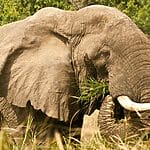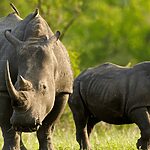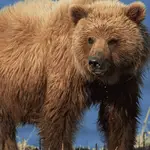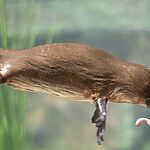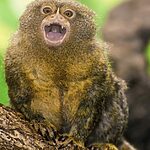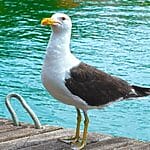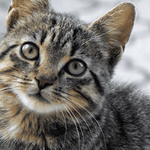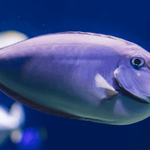Ponds might seem quiet and still on the surface, but they’re teeming with life underneath. These small bodies of water are home to a surprisingly diverse range of creatures.
From fish and frogs to insects and birds, each animal plays a crucial part in the pond’s ecosystem.
Many people overlook ponds, not realizing the variety of life they support. This can lead to neglect and environmental issues that threaten these habitats. It’s important to understand who these pond dwellers are and how they contribute to their environment.
In this article, we’ll explore the common animals living in ponds, including the most common animals that call them home and how they survive and thrive in unique conditions.
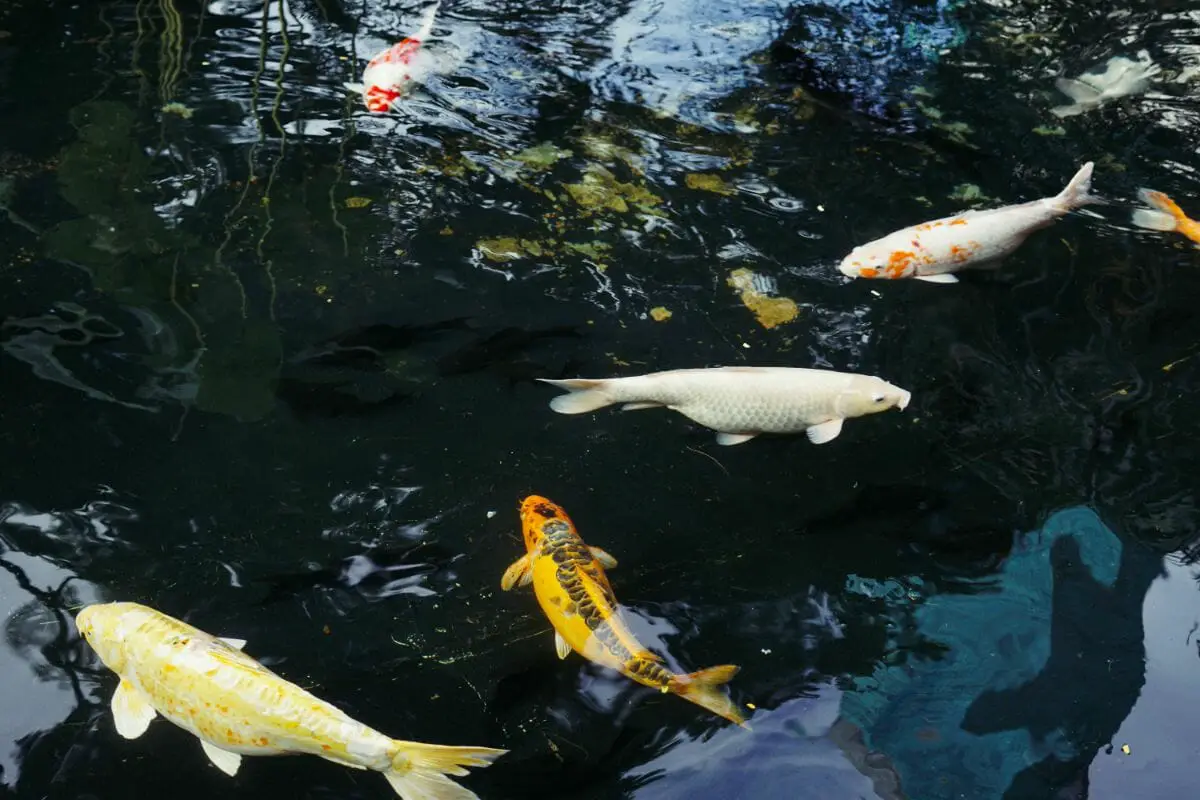
Common Animals Found in Ponds
Typically, a pond is a body of freshwater, whether this is natural or artificial, and is shallower and smaller than lakes. Unlike rivers, ponds contain still water and are home to thousands of living organisms.
They can nurture animals that adapt to their environment, from small species including mosquitoes to large animals such as alligators.
You can find ponds all around the world; however, they can be prone to floods and droughts depending on the area.
Below, you will find 15 animals that live in ponds:
Fish
When thinking about a pond, the first thing that may come to mind is fish. These are aquatic limbless animals that live in bodies of water. Whether this is the ocean, lakes, or, of course, ponds, you’ll find a diverse range of fishes living here.
A few fish you may find in a pond include freshwater fish such as fathead minnow, largemouth bass, bluegill, and much more.
Freshwater Snails
Freshwater snails are a type of mollusk that mainly lives in lakes, rainforests, and ponds. Their diet consists of excess food from other organisms, algae, and small water debris.
Freshwater snails are slow-moving creatures. They are also known to carry a dangerous parasitic disease called schistosomiasis.
Leeches
Leeches are a variety of predatory worms that live mainly in lakes, wet rainforests, and ponds. They are made up of a total of 32 segments, with soft, muscular bodies.
Each segment contains its own brain. A leech’s diet includes sucking blood from frogs, fishes, and lizards.
Frogs
Frogs are a species belonging to the amphibians, they typically prefer to live in colder ecosystems, such as ponds.
Frogs are carnivorous and their favorite meals include insects, such as flies and months, as well as larger organisms such as snails, worms, and slugs.
Ponds make the perfect place for frogs to lay their eggs among vegetation, where tadpoles will grow and eat the pond’s algae to become frogs.
Birds
Birds are warm-blooded animals that live mainly high up in tree branches. However, some species prefer to live near ponds or in them for feeding conveniences.
Ponds are home to everything a bird would need to eat to survive such as fish, worms, and frogs. The most common bird found in ponds is herons.
Worms
Worms are limbless creatures containing no arms, legs, or eyes, with a cylindrical body. Their diet consists mainly of decaying roots and leaves.
A strange fact about worms is that they breathe through their skin. The reason for this is that worms don’t have noses or even lungs.
Newts
Newts are semiaquatic, meaning that they spend most of their year in the water for reproduction and the other parts on land. Newts are salamanders, with a similar look to frogs and lizards.
Generally, they live in freshwater habitats and cold ecosystems such as ponds. They can regenerate parts of their limbs, jaws, eyes, spinal cords, hearts, intestines, and even brains.
Water Beetles
Water beetles are a variety of beetles that have adapted to live near water or in water.
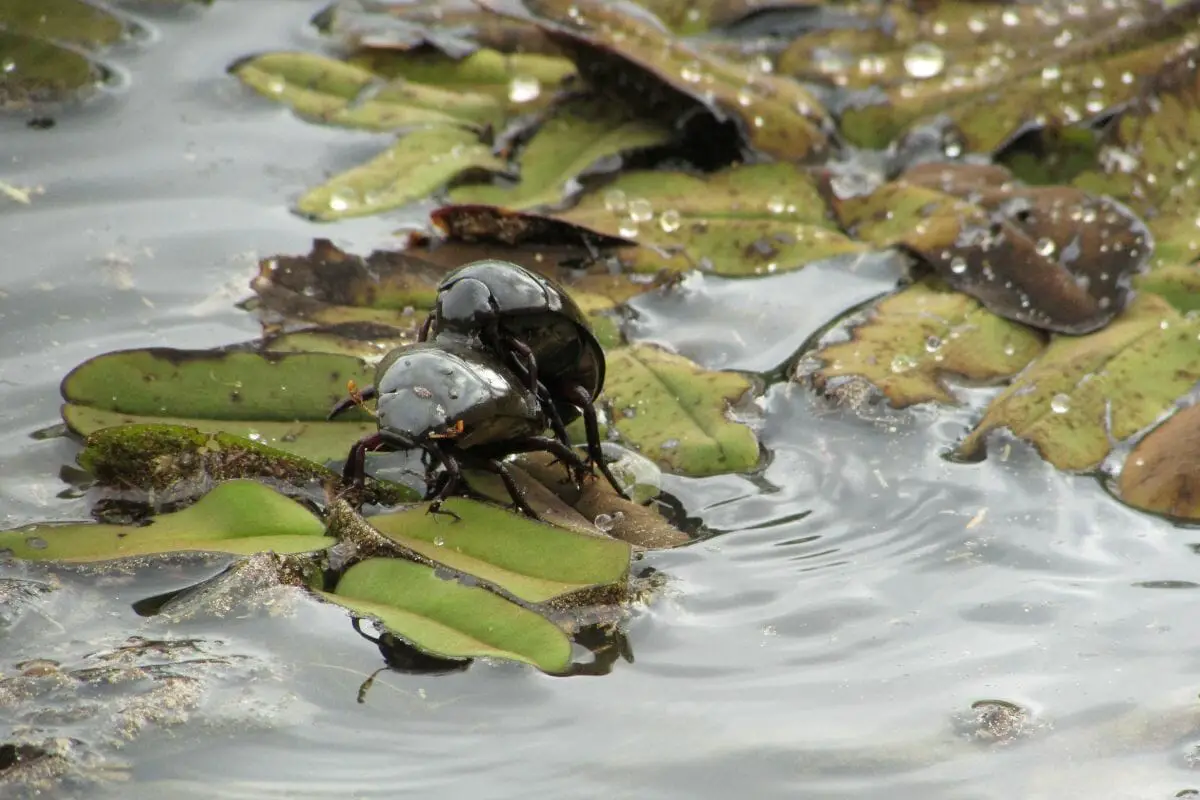
These insects are harmless and will usually fly away if disturbed. When in ponds, water beetles feed on algae and detritus; however, some species of beetle are carnivorous.
Dragonflies
Dragonflies are a type (see also: 7 Types Of Beautiful Dragonflies)of flying insect that can fly up to an impressive 30 miles per hour. In addition to their speed, they are also one of the most beautiful insects in the world – known for their colorful bodies and wings.
A dragonflies diet consists of moths, small insects, butterflies, mosquitos, and bees.
Water Scorpions
Water scorpions, also known as nepidaes, are a variety of insects that live primarily in wet habitats, feeding on insects, tadpoles, tiny fishes, and invertebrates. Despite being called water scorpions, these insects aren’t amazing swimmers.
Snakes
Snakes are predatory reptiles that are deadly to most animals already listed. Ponds make the perfect home for snakes as these habitats contain most of their food.
Species such as garter snakes enjoy these habitats as they are the primary predator of insects and small fishes.
Pond Skaters
If you’re looking at a pond, these insects are usually what you notice first. Pond skaters, or water striders, are insects that typically live in lakes, slow-moving rivers, and ponds.
These animals are famous for walking on water, although they can also fly and jump.
Mosquitos
Mosquitos are a variety of fly that lives mostly in dark and cold areas such as forests and ponds. Their primary source of food is feeding on the blood of animals, (see also: Animals That Drink Blood)as well as honeydew from plants.
An interesting fact about mosquitos is that they have been around since the Jurassic ages.
Ducks
Ducks are a variety of waterfowl species that are smaller than swans and geese. They can usually be found in artificial ponds, living on every continent in the world, except Antarctica.
Water Boatmen
These are a variety of aquatic insects that live in freshwater habitats such as ponds. The main method of hunting consists of floating around the pong for marine plants and invertebrates.
Much like the water scorpions, despite their name, water boatmen can’t swim. However, in the summer months, they can fly.
FAQs
What types of animals live in a pond habitat?
Ponds are lively havens teeming with diverse life forms – fish like bass and bluegill, amphibians like frogs and newts, invertebrates such as snails and dragonflies, reptiles like snakes and turtles, birds like ducks and herons, and occasional visitors like raccoons and deer. Each creature plays a vital role in this vibrant ecosystem.
What types of freshwater habitats are there for common animals living in ponds?
Ponds, despite their small size, harbor immense biodiversity, supporting two-thirds of all freshwater species. These crucial habitats, along with rivers, streams, and wetlands, are home to over 100,000 plants and animals – amphibians, insects, invertebrates, fish, birds, mammals like beavers and otters, and diverse aquatic vegetation.
Final Thoughts
Ponds are diverse ecosystems, full of a variety of species of animals. Hopefully, this guide has informed you all about the different types of animals living (see also: Animals That Live In Tide Pools)in ponds.
- What Should I Do If A Koala Bites Me? Safety Guide - 2024-05-30
- Are Kangaroos Born Without Hind Legs? A Fascinating Journey - 2024-05-30
- Animals That Look Like Squirrels - 2024-05-30

